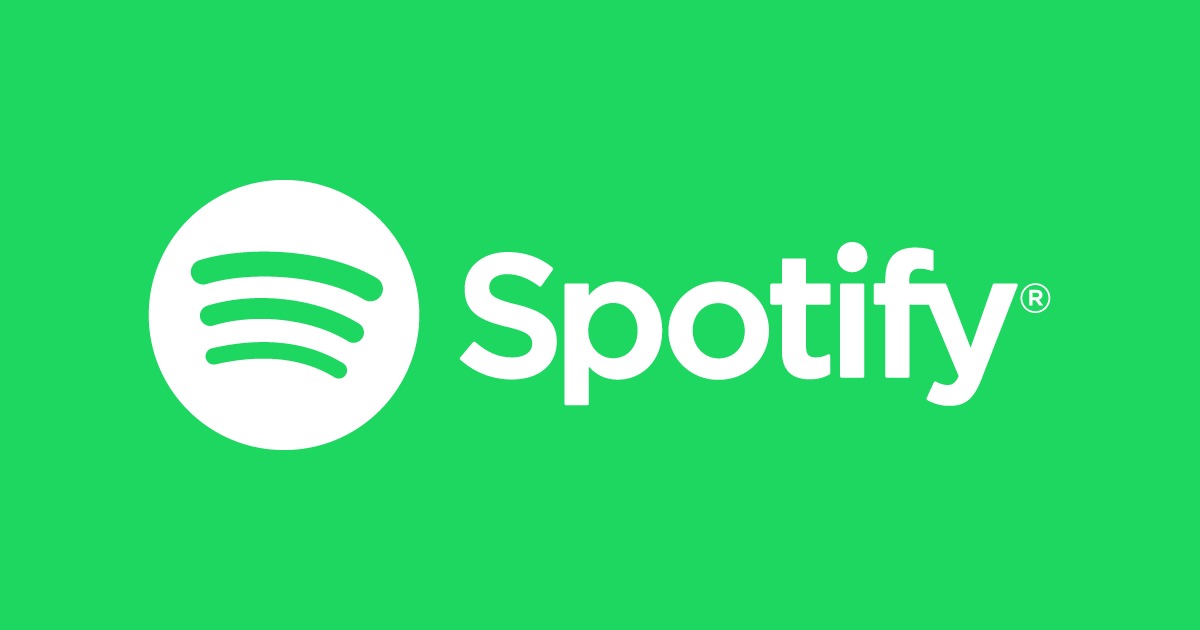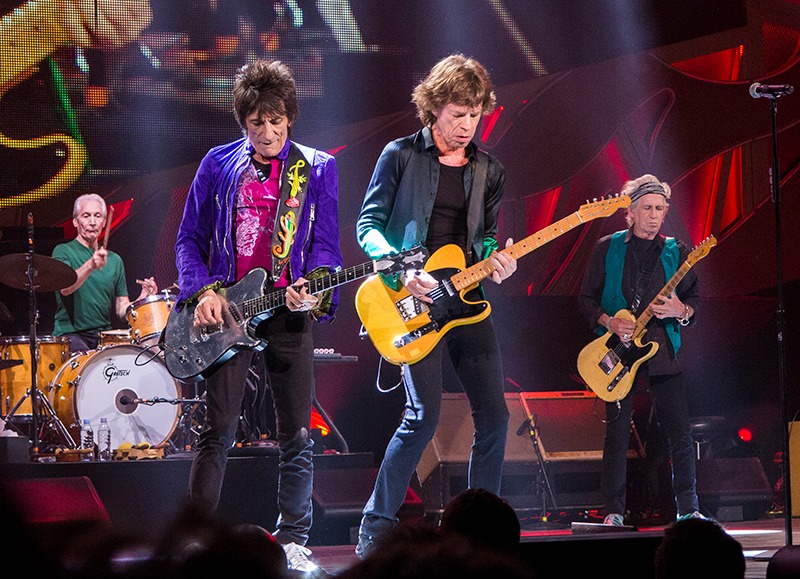Dead phone batteries during emergencies are dangerous, but music platforms drowning in AI-generated spam threaten something equally vital: the integrity of your discovery algorithm. Spotify just announced comprehensive policies that welcome legitimate AI music while declaring war on the flood of synthetic junk clogging streaming services.
The Scale of Spotify’s Spam Problem
Platform removes 75 million low-quality tracks while implementing advanced filtering systems.
Over the past year, Spotify scrubbed more than 75 million “spammy” tracks from its catalog—think artificially short songs designed to game royalty payments and mass-uploaded duplicates that exploit recommendation algorithms. The new spam filtering system specifically targets “royalty farming” tactics: those repetitive 30-second ambient tracks that mysteriously appear in your recommended playlists. These tracks won’t disappear entirely but will lose algorithmic promotion, effectively quarantining them from genuine music discovery.
Transparency Through Industry Standards
New metadata requirements will distinguish between authentic AI creativity and deceptive practices.
Instead of blanket AI bans, Spotify embraces what policy head Sam Duboff calls “a spectrum, not a binary” approach. The platform partnered with industry nonprofit DDEX to create metadata standards that let artists specify AI involvement—from minor vocal tuning to entirely synthetic compositions. Charlie Hellman, Spotify’s AI exec, frames this as pro-creativity: “We’re not here to punish artists for using AI authentically and responsibly…it will enable them to be more creative than ever.” Your favorite artist using AI for backing vocals gets proper labeling and platform support.
Protecting Artist Identity
Stronger policies target unauthorized voice cloning and profile impersonation.
Unauthorized AI voice clones now face explicit bans, with new reporting tools for artists whose vocal likeness gets hijacked. The platform also strengthens protection against “profile mismatches”—cases where AI-generated content gets falsely attributed to real artists. These safeguards matter because while competitor Deezer estimates 28% of daily uploads are AI-generated, they represent just 0.5% of actual streams, suggesting most AI music fails to connect with listeners organically.
What This Means for Your Playlist
Policy changes aim to preserve discovery quality while fostering legitimate innovation.
For music fans, these changes should improve recommendation quality by filtering out algorithmic manipulation. For artists, the policies create clearer boundaries: use AI tools transparently to enhance creativity, but expect consequences for impersonation or spam tactics. The real test comes in execution—whether Spotify’s filtering systems can distinguish between innovative AI music and exploitative content without stifling experimental artists pushing creative boundaries.


























